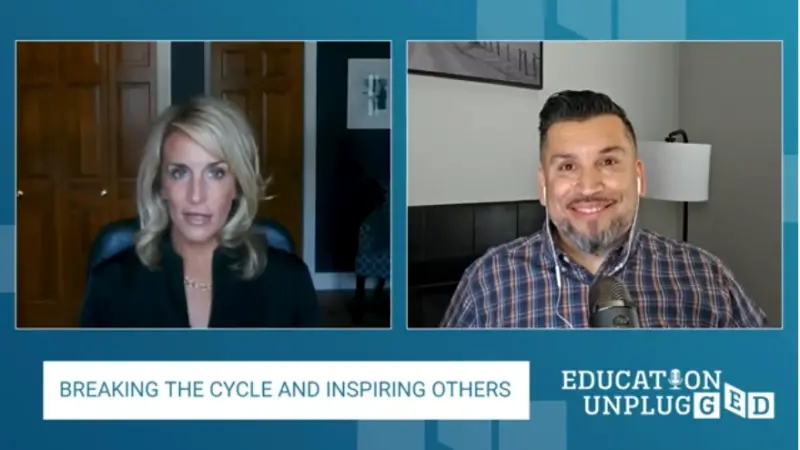Human First: Redefining Intelligence and Self-Actualization in Education
How can education evolve to prioritize human potential and self-actualization over standardized results?
In the latest episode of “The Future of Education: Class Disrupted,” hosts Michael B. Horn and Diane Tavenner, along with their esteemed guest Dr. Scott Barry Kaufman, a Cognitive Scientist, Podcaster, Author, and Coach, explore the transformative power of viewing education through a human-centric lens. Kaufman’s insights challenge the conventional focus on standardized achievements, advocating for an approach that recognizes and nurtures each student’s unique potential.
Horn, Tavenner, and Kaufman’s conversation covers the following:
- The emphasis on treating students as individuals first
- Highlighting self-actualization as a core educational goal
- The importance and nuances of a growth mindset
“I believe firmly that all students should be treated as human first,” Kaufman emphasized, highlighting the critical shift needed in educational paradigms to unlock true human potential.



